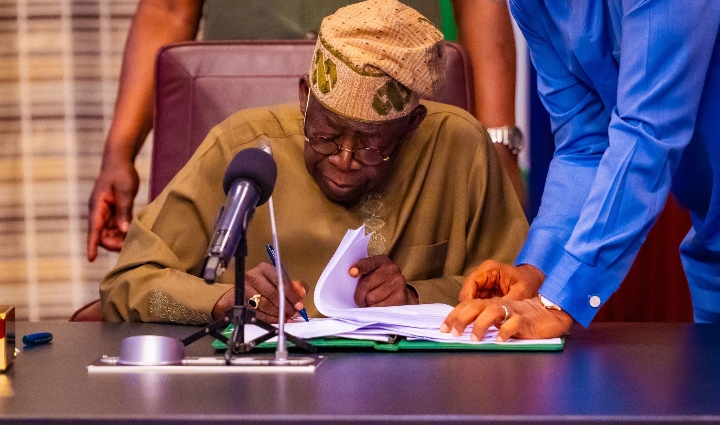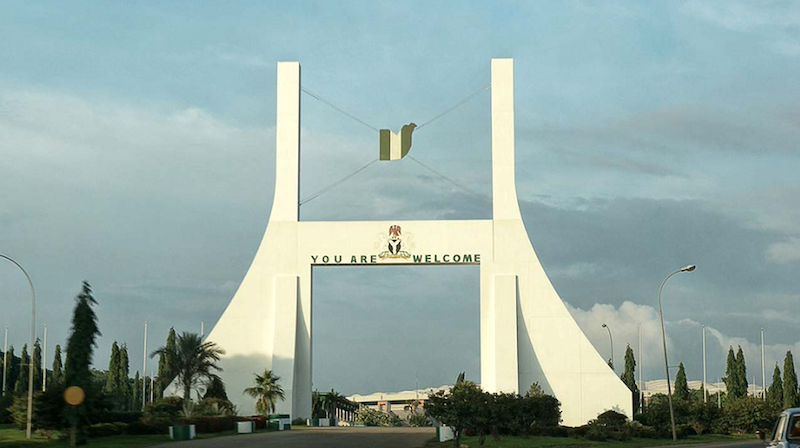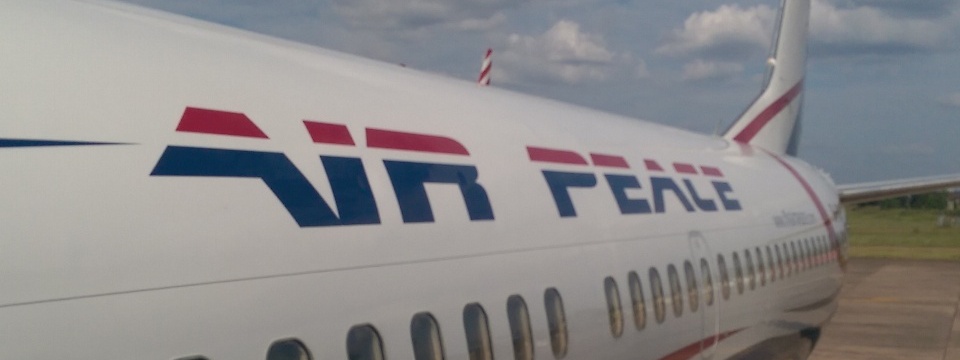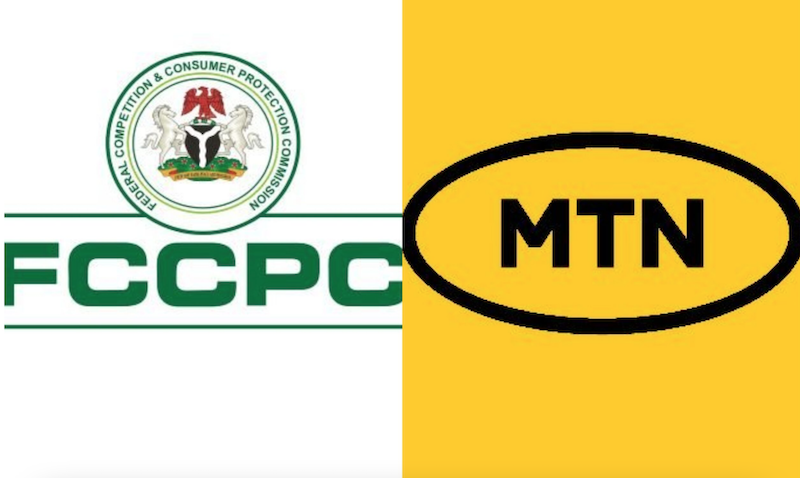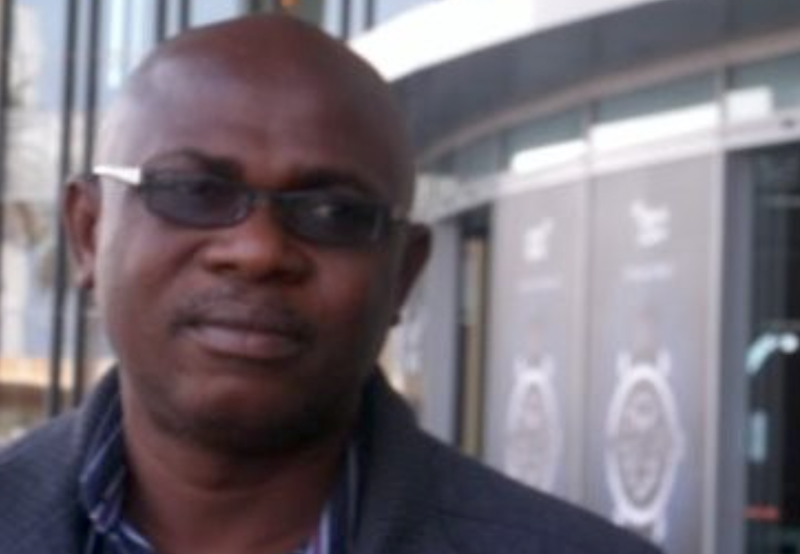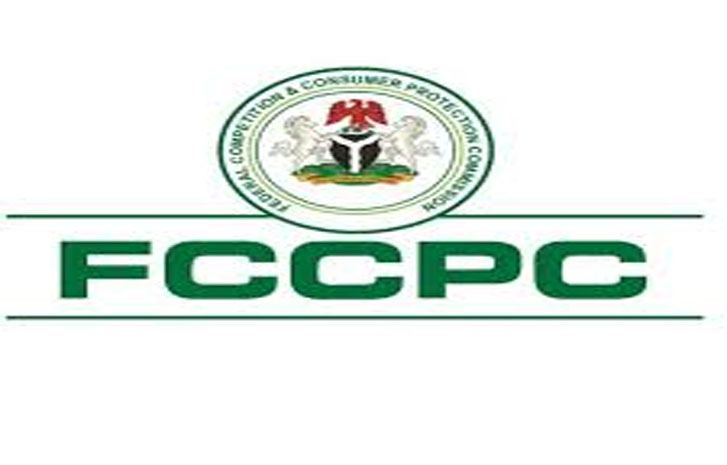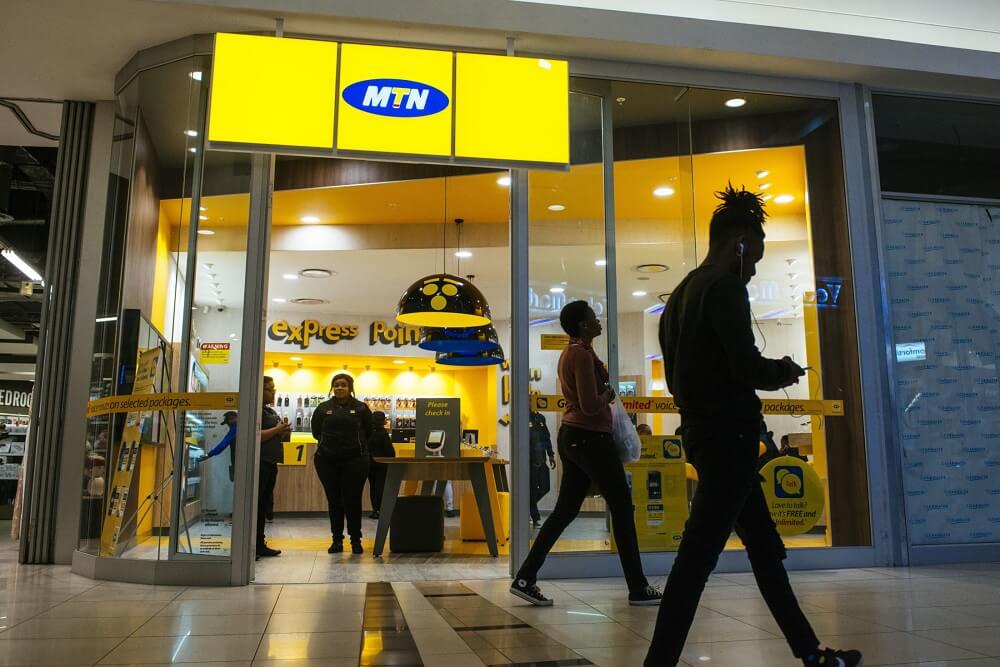After the May 8, 2025 ruling of the Federal High Court in Abuja, Multichoice has implemented tariffs hike for DStv and GOtv.
Recall that Multichoice in February notified its customers of price increment across its subscription packages on both DStv and GOtv.
According to the company, price review will hike the DStv Compact bouquet from N15,700 to N19,000, representing a 25% increase.
The Compact Plus package will also increase from N25,000 to N30,000, which is a 20% increment.
For the highest package, DStv Premium, the company said the subscription price will go up from N37,000 to N44,500, which also represents a 20% increment.
In the notice sent to its customers, the company said the new price regime was to take effect from March 1, 2025.
However, a summons by the Federal Competition and Consumer Protection Commission (FCCPC) and a subsequent suit filed by MultiChoice at the Federal High Court (FHC) in Abuja put the tariffs hike on hold.
Meanwhile, a recent check by TheNewsGuru.com (TNG) indicates that Multichoice has now implemented the tariffs hike for DStv and GOtv.
As of May 9 after the FHC ruling, DStv confam package was N11,000.00. However, after implementing the tariffs hike, DStv confam has skyrocketed to N14,048.00.
Throwback: FCCPC lacks power to interfere in decisions of private companies to fix prices – FHC rules
Although the Abuja Federal High Court dismissed the suit filed by Multichoice, the court held that FCCPC lacked the power to interfere in the decisions of private companies to fix prices.
The Federal High Court on May 8 dismissed the suit filed by MultiChoice Nigeria Limited seeking to stop FCCPC from taking administrative action against it.
Justice James Omotosho, in a judgment, held that the suit was an abuse of court process having been filed after a similar suit was filed on the issue by a lawyer, Festus Onifade, with Multichoice and FCCPC as parties in the suit.
MultiChoice, the operator of DStv and Gotv increased the subscription rates on its packages against an invitation by FCCPC to give explanation on why the company wanted to effect the price hike.
Justice Omotosho, on March 12, restrained FCCPC from sanctioning the pay-Tv company until the hearing and determination of the substance suit.
The judge gave the order after an ex-parte motion marked: FHC/ABJ/CS/379/2025 and moved by Moyosore Onigbanjo, SAN, to challenge FCCPC’s alleged threat.
The FCCPC had summoned MultiChoice Nigeria Ltd to provide explanations regarding the March 1 price review of its packages.
The commission directed the company’s chief executive officer to appear for an investigative hearing on February 27, raising concerns over frequent price hikes, potential market dominance abuse and anti-competitive practices within the pay-TV industry.
The FCCPC also issued a stern warning, stating that failure to justify the price adjustment or comply with fair market principles would lead to regulatory sanctions.
However in the ex parte motion filed by MultiChoice’s legal team led by Moyosore Onigbanjo, the company sought an order of interim injunction restraining the FCCPC and its officers from carrying out the threat against it, as communicated via a letter dated March 3, pending the hearing and determination of the motion for an interlocutory injunction.
It also sought an order restraining the commission and its officers from issuing any further directive or taking any steps capable of disrupting its business activities, pending the hearing and determination of the motion for an interlocutory injunction.
Justice Omotosho on March 27 then fixed May 8 for judgement after counsel for the MultiChoice, Onigbanjo and FCCPC’s lawyer, Prof. J.E.O. Abugu, SAN, adopted their processes and presented their arguments for and against the suit.
Delivering the judgement, the judge observed that an earlier suit filed by Onifade before the same Federal High Court in Abuja, and in which Multichoice is a party, was still pending before the company decided to file the instant suit.
The judge said Multichoice could ventilate the issues in the suit filed by Onifade simply filing a counter claim rather than filing a separate suit.
“With respect to issue two, abuse of court process refers to when a party misuses a court process for the purpose of harassing or annoying his opponent.
“It is to file multiple processes on the same issues and between the same parties,” he said, citing previous court cases.
According to the judge, the abuse lies in the multiplicity and the manner or evidence of the right of the parties rather than the exercise of the right per se.
Citing previous case, Justice Omotosho held that “the employment of judicial process is generally regarded as abuse of judicial process where a party improperly uses the issue of the judicial process to the irritation and annoyance of his opponent and the efficient administration of justice.”
The judge said MultiChoice also admitted to the existence of a similar suit In Paragraphs 7 and 8 of its further affidavit.
“Now in that suit No. FHC/ABJ/CS/363/2025 between Mr. Festus Onifade and Multichoice Nigeria Limited and the Federal Competition and Consumer Protection Commission, the plaintiff there had filed a suit challenging the right of Multichoice to increase its subscription price as same is unfair.
“The plaintiff therefore sought among others a declaration that Multichoice suspends its impending price increase for being in breach of the Federal Competition and Consumer Protection Act, 2018.
“This instant suit was filed by Multichoice challenging the powers of the defendant (FCCPC) to regulate its subscription prices.
“The origin of both suits is from a complaint by the said Mr Festus Onifade about the alleged unfair increase proposed by Multichoice Nigeria Limited.
“It is therefore clear as day that weighing both suits, especially the parties and reliefs sought, the suits are similar and can be contested in one of the suits and not in different actions,” he said.
He further held that MultiChoice was aware of the suit number: FHC/ABJ/CS/363/2025 filed by Onifade on February 27, “which means it was filed before this instant suit.”
“To my mind, filing this instant suit even though the defendant in that suit is now the plaintiff is an abuse of court and an unnecessary and vexatious duplicity of actions.
“Quite dearly, these issues can be dealt with in that pending suit without the need to file a fresh surt.
“Relying on the above decisions, I therefore hold that the plaintiff in this suit could have ventilated its grievance in the other pending suit without the need to file a fresh suit.
“Allowing this suit to go on to conclusion will lead to a likely conflict of decisions arising from judgments in this court and in the other suit.
“The long and short of what this court is trying to say is that this instant suit is an abuse of court process on grounds of multiplicity of actions.
“Thus this suit must be dismissed for being an abuse of court process,” the judge ruled.
The judge then proceeded to decline jurisdiction and dismissed the suit.
However, Justice Omotosho went ahead to determine the case on its merit and held that since Nigeria runs a free market economy, the FCCPC lacked the power to interfere in the decisions of private companies to fix their prices.
The judge held that under Section 88 of the Federal Competition and Consumer Protection Act, it is only the president of the Federal Republic of Nigeria that can regulate prices in a regulated industry and for essential goods, not the kind of services being rendered by the Multichoice where consumers have choices.
The judge held that the FCCPC had no business querying how companies fix their prices in a free market economy.
Meanwhile, the earlier suit marked FHC/ABJ/CS/363/2025 and filed by Onifade before the Federal High Court in Abuja, in which Multichoice and FCCPC are parties, is still pending and undecided.
